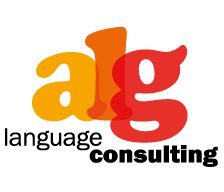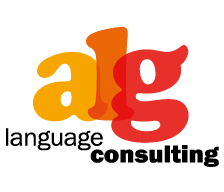The translation of patents requires a different technique and is a highly specialized field.
Unlike the translation of other types of texts, in which particular attention is dedicated to elegance of language, the search for synonyms to avoid repetitions and other similar strategies, in patents it is necessary to remain faithful to the source text, repeat terms as many times as they are used in the text, avoid terms that are too restrictive and prefer those that have a broader meaning.
This applies to all types of patents as it is essential that they guarantee the greatest possible protection against counterfeiting; in the case of pharmaceutical patents, this aspect is even more important.
Preliminary information on pharmaceutical patents
A pharmaceutical patent safeguards the pharmaceutical manufacturer by protecting the product from counterfeiting and ensuring that it can be sold under exclusive rights.
If the patented pharmaceutical product is authorized for sale abroad, a translation is required into the language of the target country.
These are extremely technical texts involving different sectors – biology, chemistry, pharmacology, genetics and medicine – and therefore great precision and attention is required not only in terms of the translation but also regarding the form of the text. This almost always includes chemical formulas, lists of chemical compounds, bibliographies, very specific expressions and terms, etc. and it is essential to remain faithful to the source text to avoid misinterpretations or, worse, omissions that could compromise the validity of the patent.
The translation of these texts must therefore be assigned to specialist translators with competences and qualifications in translation of the relevant scientific subject.



